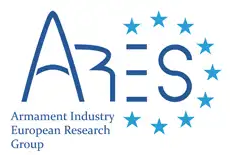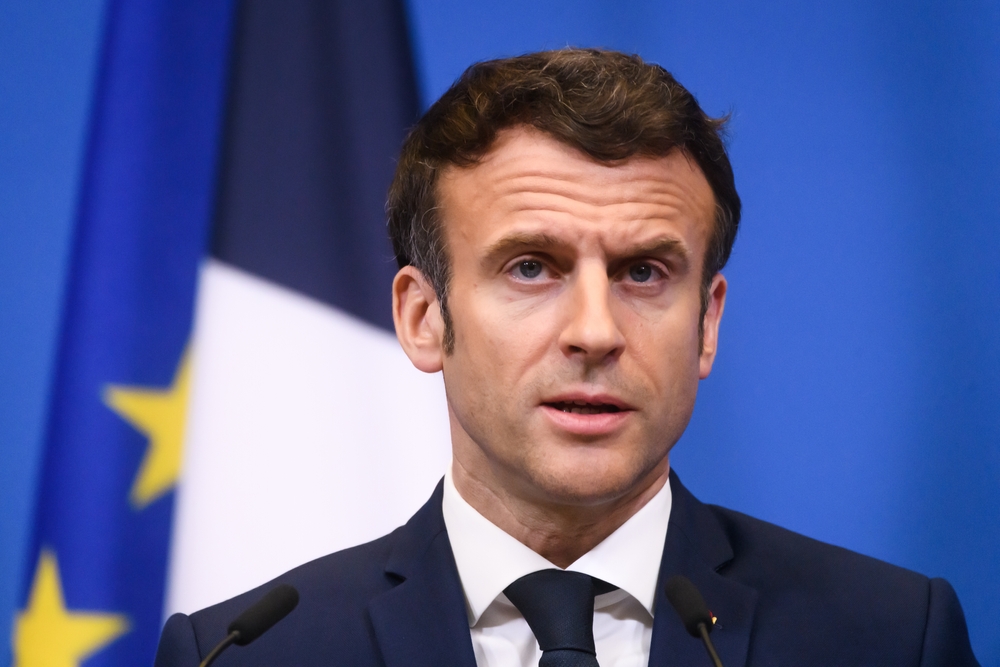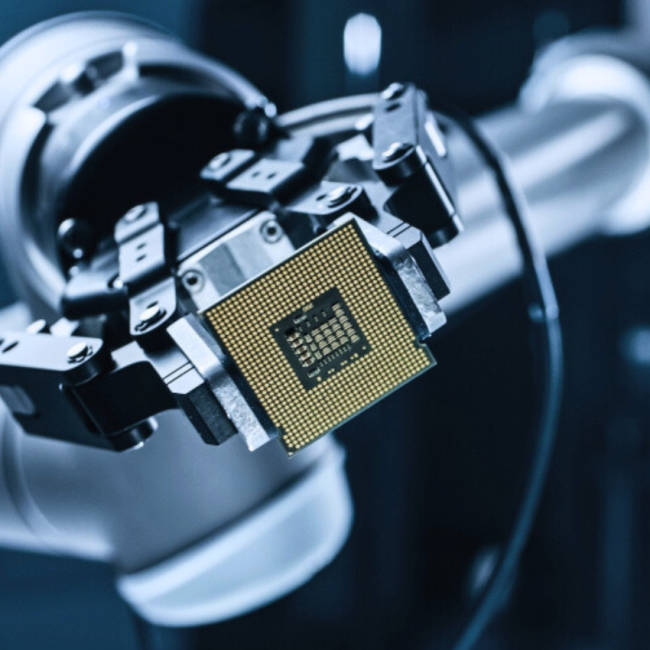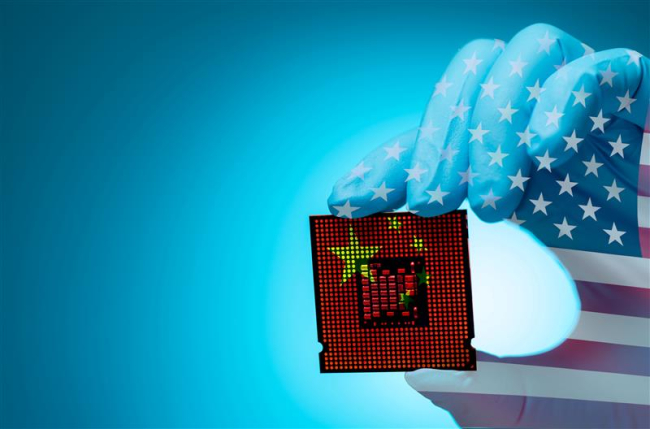Critical technologies and industrial capabilities: National definitions and implications. The French case.

France has historically paid significant attention to strategic technologies and industries, whether they were strictly defence- and nuclear deterrence related, or considered as vectors of national independence and security, more broadly.

This has translated into policies aimed at supporting the national industrial and technological base, funding R&D, and protecting strategic companies from foreign takeovers. In recent years, the notion of “critical technologies” was adopted, and the breadth of sectors covered by national strategies and investment plans has expanded to include emerging and green technologies. That being said, in many areas of digital technologies, such as cloud computing, the French government continues to rely largely on foreign (in particular, non-European) providers. Finally, the French policy has been increasingly intertwined with the EU level, as France has been a key promoter of initiatives to enhance the EU’s role and clout in critical and emerging technologies, in defence as well as in the civilian domain.
> This article is available on the website of IRIS.

Available in:
Regions and themes
Share
Related centers and programs
Discover our other research centers and programsFind out more
Discover all our analysesArtificial Promises or Real Regulation? Inventing Global AI Governance
The risks inherent to the unregulated use of AI, a key technology and vector of profound transformations within societies underline the pressing need to harmonize governance efforts at the international level. The Summit for Action on Artificial Intelligence to be held in Paris in mid-February could be an unprecedented timely occasion to agree on a global governance framework of AI for the public good.
AI, Data Centers and Energy Demand: Reassessing and Exploring the Trends
The information and communication technologies sector today accounts for 9% of global electricity consumption, data centers for 1-1.3%, and artificial intelligence (AI) for less than 0.2%. The growing energy demands of cloud services first, and now AI workloads (10% of today’s data centers electricity demand), have exacerbated this trend. In the future, hyperscale data centers will gain shares amongst all kinds of data centers and AI will probably account for around 20% of data centers electricity demand by 2030.
From nonproliferation to strategic competition: US export controls and China
Technological competition is at the heart of the renewed great-power competition that has characterized relations between the USA and China since the 2010s. The role of technological innovation in the evolution of power relations is already recognized in the literature of international relations. However, developments in US technology policy under the last two administrations raise the reverse question: how does the perception of changing power relations (in this case, Chinese technological catch-up perceived as a threat to US leadership) transform policies granting or denying access to technological innovation?
China’s Mature Node Overcapacity: Unfounded Fears
China is decoupling from, not flooding, the global mature-node semiconductor market. As China increasingly pursues industrial policies encouraging domestic chip production, its own growing chip demand will prevent a direct flood of cheap Chinese chips on foreign shores. However, as Beijing achieves its goal of decreasing the reliance of domestic downstream manufacturers on foreign chips, European and American mature-node semiconductor companies will feel the ripple effects of an increasingly “involuted” Chinese chip ecosystem.








